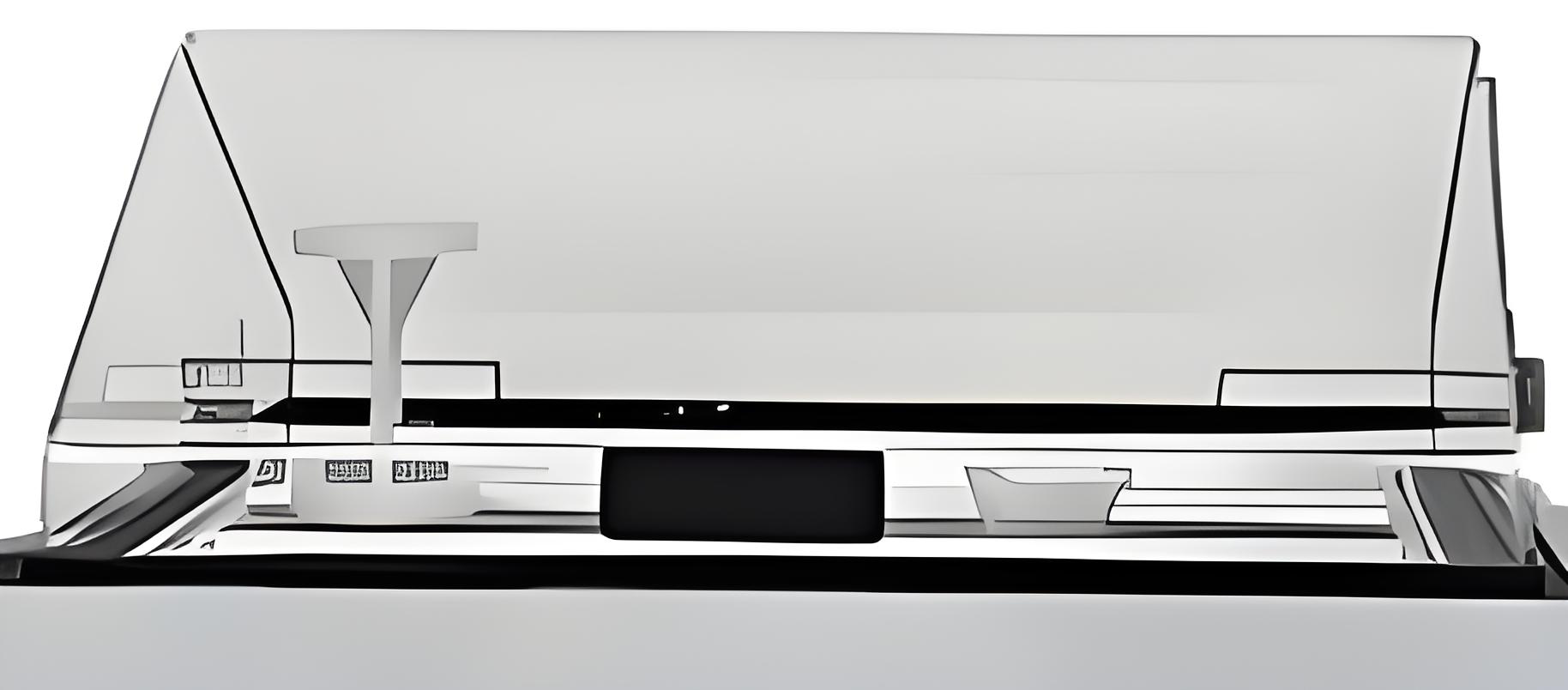What Are You Looking For?
What Are You Looking For?
The salt spray test chamber is a vital piece of equipment in the field of industrial electrical appliance testing, particularly for assessing the corrosion resistance of products in harsh environments. It simulates marine and other corrosive climates by exposing samples to a salt spray mist, thus allowing manufacturers to evaluate the durability and longevity of their products under such conditions. Below is a concise introduction to the salt spray test chamber, accompanied by a table outlining its key parameters.
Item No. :
HJ-IEPTE-004Minimum Order Quantity (MOQ) :
1 setPayment Method :
L/C,T/T,PayPalPrice :
NegotiatableProduct Origin :
TurkiyeSupply Ability :
1 set per 2 monthLead Time :
60 Working DaysConventional packaging :
PlywoodSalt Spray Test Chamber: An Essential Tool for Corrosion Resistance Testing
Introduction to Salt Spray Test Chamber
The salt spray test chamber creates an accelerated corrosion environment by atomizing a salt solution (usually NaCl) and spraying it onto the test specimens. This process simulates the corrosive effects of sea spray, pollution, and other environmental factors, enabling manufacturers to quickly identify potential corrosion issues and improve product design and materials.
Key Parameters of Salt Spray Test Chamber
|
Parameter |
Description |
|
Chamber Capacity |
Specifies the volume of the test chamber, which determines the number and size of specimens that can be tested simultaneously. |
|
Temperature Range |
The operational temperature range within the chamber, typically between ambient to around 55°C, to simulate different environmental conditions. |
|
Salt Solution |
The type and concentration of salt solution used, commonly NaCl at a specific concentration (e.g., 5% NaCl solution). |
|
Spray Rate |
The rate at which the salt spray is applied to the specimens, measured in milliliters per hour. |
|
pH Value |
The pH level of the salt solution, which can affect the corrosion rate and needs to be controlled within a specified range. |
|
Air Pressure |
The pressure inside the chamber, which may influence the atomization and distribution of the salt spray. |
|
Test Duration |
The length of time the specimens are exposed to the salt spray, ranging from hours to days or even weeks depending on the test requirements. |
|
Control System |
The type of control system used to regulate the temperature, spray rate, and other parameters, often automated for precision and consistency. |
|
Specimen Holders |
The design and material of specimen holders, which should be corrosion-resistant to avoid affecting test results. |
|
Observation Windows |
The presence and size of observation windows to monitor the test specimens without disrupting the test environment. |
The salt spray test chamber is equipped with advanced control systems to precisely regulate these parameters, ensuring consistent and reproducible test results. Manufacturers can use this information to improve product designs, select more durable materials, and enhance the overall corrosion resistance of their industrial electrical appliances.

In conclusion, the salt spray test chamber is an indispensable tool for assessing the corrosion resistance of industrial electrical appliances. By simulating harsh environments and precisely controlling test parameters, it provides valuable insights into product durability and longevity, ultimately helping manufacturers deliver more reliable and resilient products to the market.
Hot Tags :